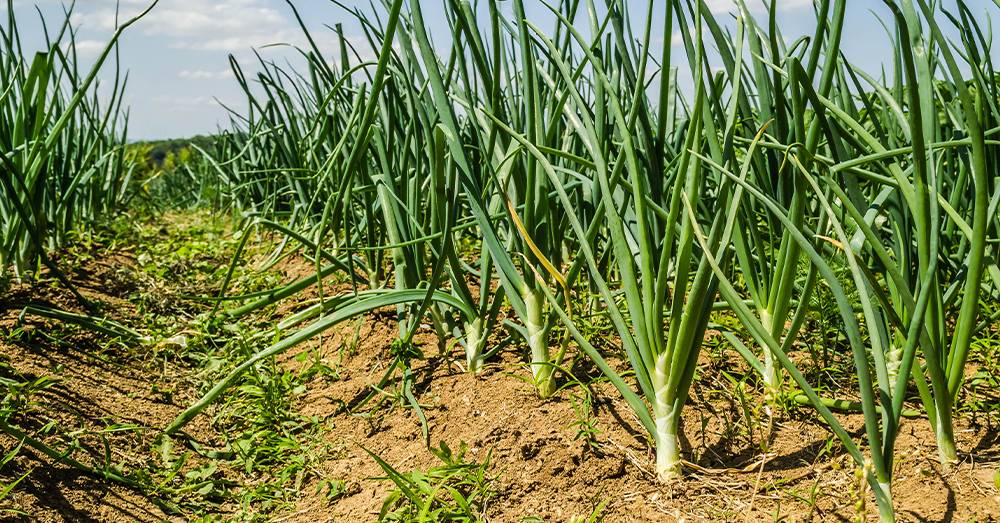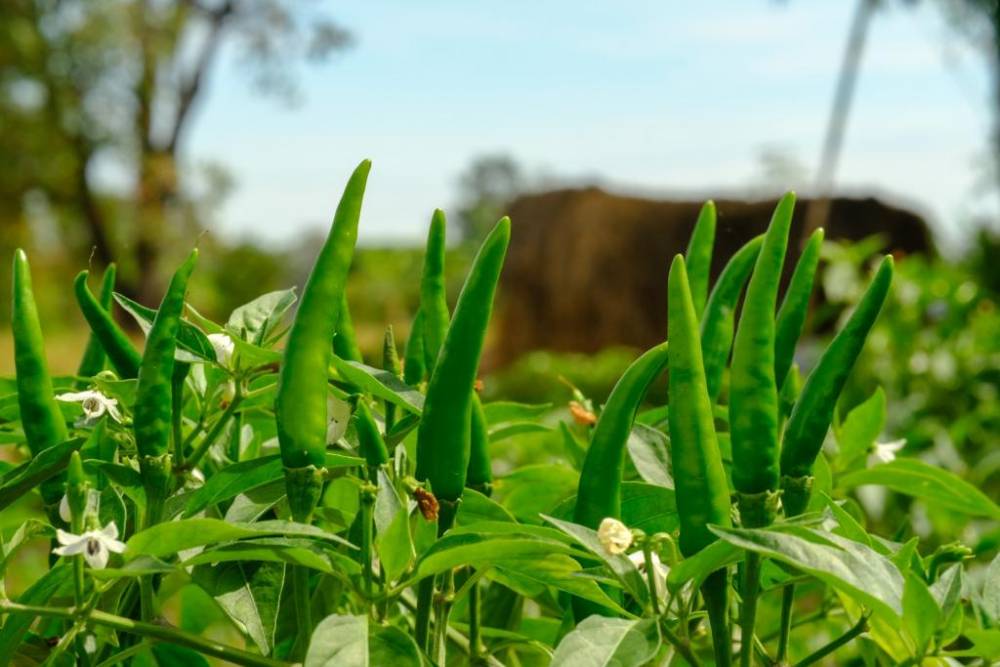Introduction: Agriculture has always been the backbone of human civilization. As global demands for food, fiber, and fuel rise, farmers and agriculturalists are turning to innovative practices to increase yield, sustainability, and profitability. In this blog, we’ll explore some of the most cutting-edge agricultural techniques and technologies shaping the future of farming.
1. Precision Agriculture: Precision agriculture uses data, GPS technology, and sensors to analyze soil conditions, weather patterns, and crop health in real time. Farmers can make more informed decisions about watering, fertilization, and harvesting, which leads to optimized yields and reduced waste.
2. Vertical Farming: With urban populations booming, vertical farming offers a sustainable solution. By growing crops in stacked layers inside controlled environments, urban areas can produce fresh food year-round. Vertical farming reduces the need for pesticides and minimizes water usage, making it a green option for cities.
3. Organic Farming Practices: Organic farming emphasizes sustainability and the use of natural methods to maintain soil health and grow crops without synthetic pesticides or fertilizers. This approach not only supports biodiversity but also meets the growing consumer demand for organic products.
4. Agroforestry: Agroforestry combines agriculture with the conservation of trees and other vegetation. By integrating crops and livestock with trees, farmers improve soil quality, enhance biodiversity, and protect the environment. It’s a win-win for food production and conservation.
5. Smart Irrigation Systems: Smart irrigation systems reduce water waste by delivering the right amount of water at the right time. These systems use sensors to measure soil moisture and weather forecasts, ensuring that crops get the water they need without excess, which is particularly important in water-scarce regions.
6. Genetic Engineering & Hybrid Crops: Advancements in biotechnology have led to the creation of genetically modified (GM) crops that are more resistant to pests, diseases, and harsh environmental conditions. Additionally, hybrid crops are bred for better yields, improving food security globally.







